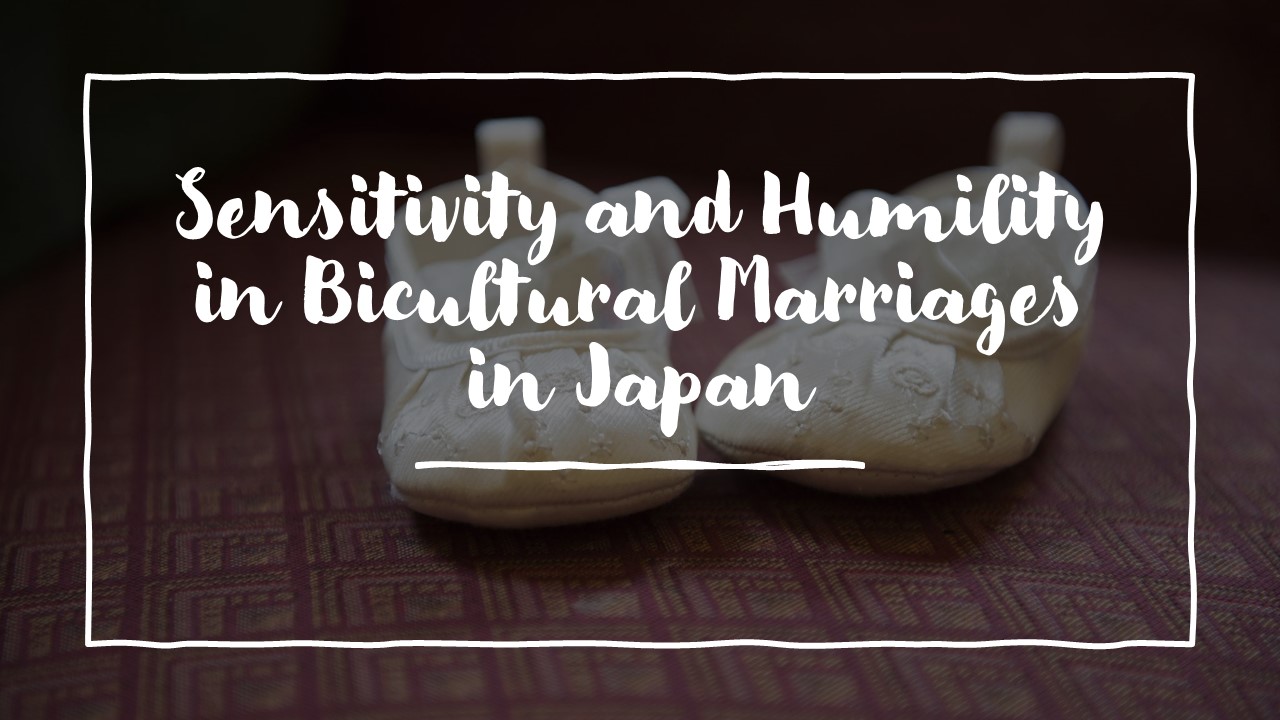Intercultural partners encounter numerous challenges when attempting to find and maintain love in a bicultural marriage. For example, culturally specific attitudes towards sensitivity and humility are crucial in bicultural marriages in Japan.
In one of the previous articles, I talked about the main problems that Japanese and American couples encounter. I looked into those cases of third-culture marriage in Japan by observing and talking to people about them.
My objective is to resolve any misconceptions by employing kotowaza. Kotowaza are Japanese proverbs and sayings that illuminate the values that underlie cultural interactions. Spouses in a third-culture marriage better understand each other’s actions when they communicate each other’s core values. They become more compatible and harmonious in their relationship.
In chapter 51 of the International Handbook of Love (Clarke & Takashiro, 2021), Takashiro and I elaborated on the eight primary characteristics of third-culture marriage interactions that arise when spouses establish an intercultural union.
Previous articles on this blog discussed the general principles of how Japanese and Americans maintain love in bicultural marriages. In particular, I explained how assertion and hesitation contribute to the maintenance of love in Japanese bicultural marriages, as well as how an adequate understanding of touch and intimacy can sustain love in bicultural marriages in Japan.
Here is one additional observation on how sensitivity and humility can help sustain love in bicultural marriages in Japan.
Cultural Sensitivity to Thin-Skinned and Thick-Skinned Attributions
Thin-skinned, thick-skinned attributions are reciprocal judgments that are rooted in each culture’s assumptions about their respective ‘face-saving strategies’ that vary considerably.
Perceptions are different according to each culture’s ability to separate behavior (public) from feelings (private)—a form of role flexibility or an identity formulation process—and intentions from perceptions—a form of perception flexibility or interpretation flexibility, both requiring a withholding of judgment.
First impressions, when expressed openly and directly, may result in either a permanent negative attribution or a curiosity with an openness to alternative interpretations and to changing first impressions. However, when judged harshly by someone across cultures, such as Japanese and Americans, there is reluctance on both sides to discuss it.
The depth of one’s skin, so to speak, is a measure of sensitivity to feedback. It is difficult for the vulnerable to receive feedback about personal thoughts, feelings, or behavior, but the strong have learned to handle it with resilience and/or a fighting spirit.
Can Thick-Skinned Americans and Thin-Skinned Japanese Understand Each Other in Marriages?
A frequently expressed Japanese perception is that Americans have thick skin because they can take any criticism. Their interpretation is that Americans do not delve into concerns of the face. Americans, on the other hand, perceive that the Japanese practice a lot of face saving behaviors, which they interpret as having thin skin.
Hence, American men often say that being married to a Japanese woman is like walking on eggshells. Couples sometimes say things that they each find regretful and yet hard to forget and forgive.
Holding a grudge does no relationship any good, so it might as well be discussed calmly without renewing the emotion brought about by the initial judgment. If perceptions are hardly ever based upon the other’s true intentions (Barnlund, 1976), then it must be a valuable exercise to seek to understand each other’s true intentions and feelings.
Humility in Japan Is a Sign of Strength and Good Character
In Japan, humility is a sign of strength and good character, as in makeru ga kachi, stooping to conquer or to lose is to win. This kotowaza refers to the interdependency in all relationships. It suggests an approach for the American husband to accept as the relationship matures over time. If humility is genuinely felt and demonstrated, it will enable interdependency in the relationship to develop.
Minoru hodo kobe o tateru inaho kana, the head of an abundant rice plant hanging down, is another kotowaza that stresses the importance of humility in Japan. Perhaps it would encourage a deeper loving relationship if the American would initiate a humble revelation of his own concerns for saving face in certain situations. It would probably encourage his wife to soothe his thick skin.
In any case, the goal of improving relationships across cultures is to withhold the negative judgments, recognize the differences in perception, and engage in sharing assumptions, interpretations, and intentions to discover potential alternatives presumed by partners and personal inaccuracies due to reliance on one’s own proverbial cultural-colored glasses.
